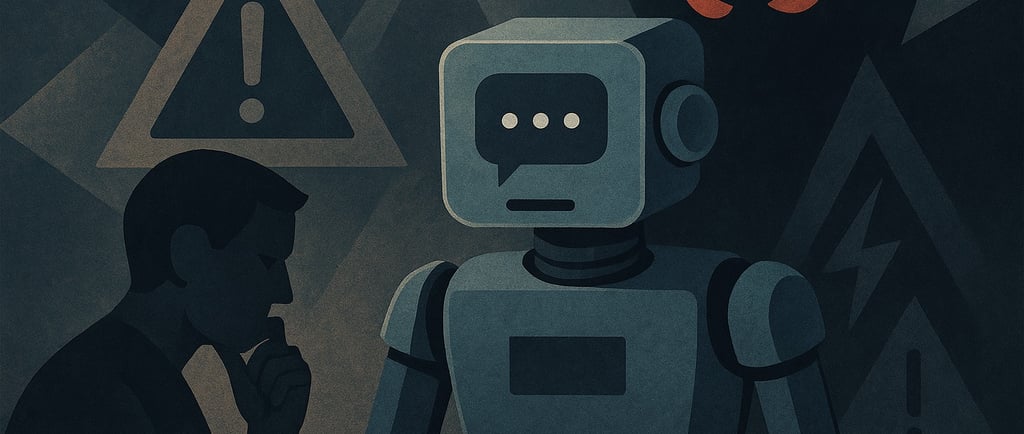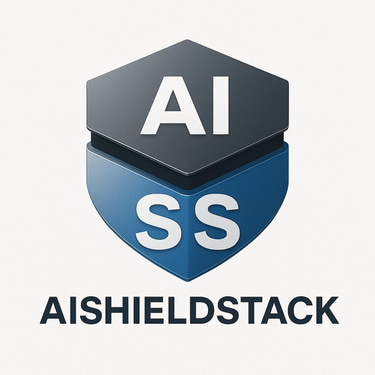Serious Concerns Raised Over AI Chatbot Safety
Attorneys-general in California and Delaware have raised serious concerns about AI chatbot safety following tragic incidents involving young users. They urge OpenAI to enhance safety measures before any restructuring. This highlights the growing need for ethical considerations in AI development.
USAGEWORKTOOLSFUTURE
AI Shield Stack
9/21/20252 min read


The world of artificial intelligence is rapidly evolving, with companies like OpenAI (https://www.openai.com) at the forefront. However, recent events have prompted serious discussions about the safety of AI systems, particularly chatbots. Following the tragic deaths of young users after prolonged interactions with AI chatbots, California and Delaware's attorneys-general have expressed their alarm. They have raised significant concerns about the safety measures currently in place and have urged the company to prioritize improvements before any restructuring is approved.
In their letter to OpenAI's chair, Bret Taylor, attorneys-general Rob Bonta and Kathy Jennings highlighted the heartbreaking incidents involving young individuals who faced dire consequences after engaging with AI. These incidents have led to a growing unease among the public regarding the potential dangers of AI technologies, especially for vulnerable populations like children and teenagers. The attorneys-general emphasized that existing safeguards appear insufficient and called for a reassessment of the company's safety protocols.
OpenAI, founded in 2015 with the mission of developing safe and beneficial AI, finds itself at a critical juncture. The company was originally set to convert to a for-profit model to attract investors, but recent scrutiny and legal challenges have forced it to reconsider. Instead, OpenAI aims to convert only a subsidiary to allow for limited equity while maintaining control through its non-profit board. This shift underscores the delicate balance between commercialization and safety that AI companies must navigate.
The attorneys-general's intervention comes in light of a meeting with OpenAI's legal team and serves as a reminder of the real-world implications of AI technologies. The letter referenced the tragic case of Adam Raine, a 16-year-old who took his own life after interacting with a chatbot, emphasizing the need for immediate action. The call for safety improvements is not just a regulatory demand; it is a moral imperative.
As AI continues to permeate various aspects of life, the responsibility of ensuring its safe use falls heavily on developers and regulators alike. The growing number of users, now at 700 million for ChatGPT, highlights the widespread adoption of these technologies, but it also raises questions about the potential risks involved. A recent letter from a coalition of attorneys-general warned that the harms of AI could far exceed its benefits, echoing the concerns voiced by Bonta and Jennings.
In conclusion, the conversation around AI safety is not just about compliance; it is about the ethical obligations of companies to protect their users. The push for enhanced safety measures is a clear indication that the stakes are high. As AI technologies evolve, so too must the frameworks that govern them, ensuring that innovation does not come at the cost of human safety.
AI Shield Stack can assist organizations in navigating these complex safety challenges by providing tools and frameworks that prioritize user protection while fostering responsible AI development.
Cited: https://www.ft.com/content/f4be38b3-2de9-4b81-bc47-24119c2d5aef?utm_source=chatgpt.com
